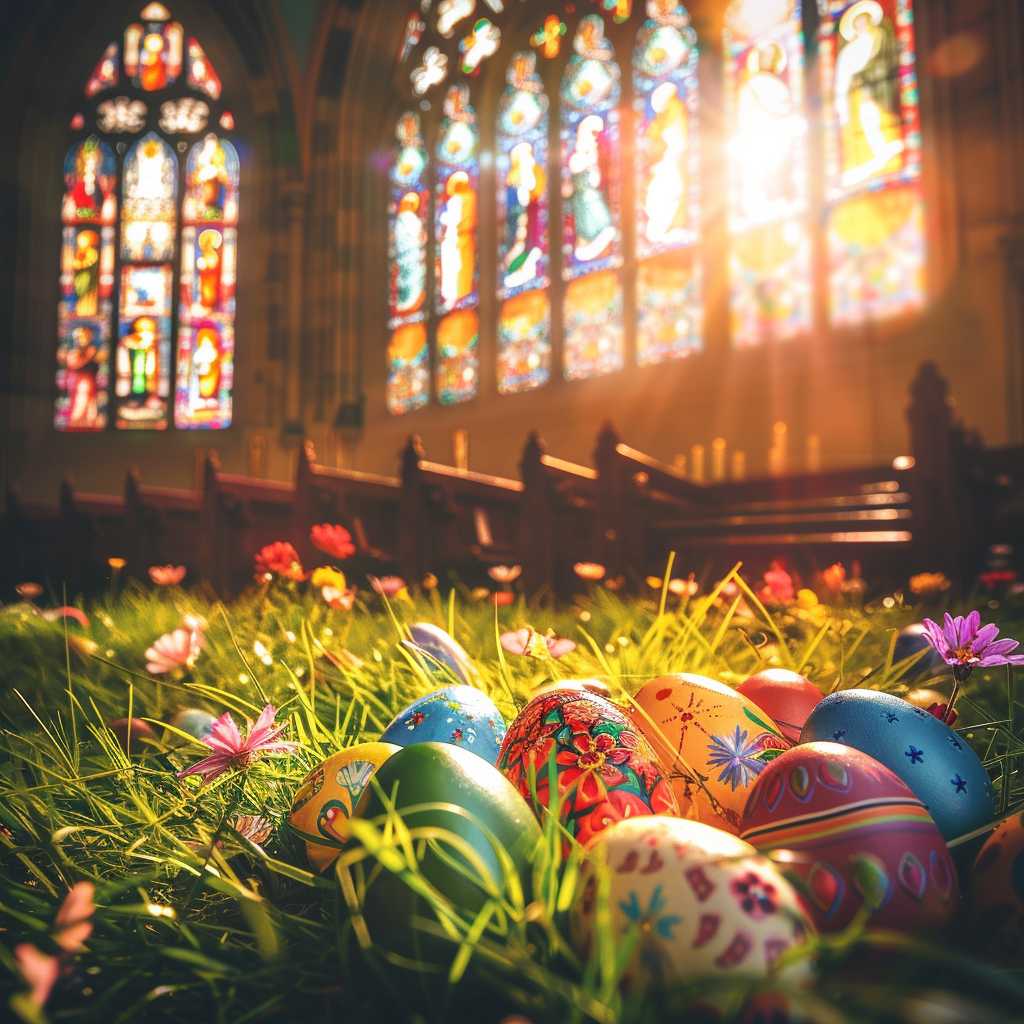Exploring the Significance of Resurrection Sunday: Christian Reflections and Celebrations
Resurrection Sunday, commonly known as Easter Sunday, stands as one of the most important and cherished holidays in Christianity. It commemorates the resurrection of Jesus Christ from the dead, which is foundational to Christian faith, representing hope, renewal, and the promise of eternal life. The event is recounted in the New Testament and is celebrated on the first Sunday following the full moon after the vernal equinox. This article explores the religious significance of Resurrection Sunday, its historic and contemporary celebration, and how it impacts Christian theology and culture.
Origins and Theological Significance of Resurrection Sunday
Resurrection Sunday is rooted in New Testament reports of Jesus rising from the dead on the third day after his crucifixion. This event is not only a cornerstone of Christian faith but also validates Jesus’ divine nature and messianic mission as recorded by the Gospels—Matthew, Mark, Luke, and John.
Christian theology posits that Jesus’ resurrection conquered death and offered redemption from sin for all humankind. This doctrine is significant since, according to Christian belief, it provides assurance of an afterlife and reconciliation with God. The idea of resurrection also conveys spiritual rebirth and is seen symbolically in various Christian practices such as baptism.
Historical Observance and Modern Practices
The earliest observance of Resurrection Sunday can be found dating back to the second century, though its celebration varied among Christian communities. Over time, Resurrection Sunday was integrated into the broader triduum of Holy Week—which includes Maundy Thursday (the Last Supper), Good Friday (the day of crucifixion), and Resurrection Sunday—collectively emphasizing the passion, death, resurrection arc of Jesus Christ’s life.
Modern Resurrection Sunday celebrations vary widely among different cultures and Christian denominations. Despite differences, common practices include church services featuring sermons on resurrection themes, musical cantatas, sunrise services, and special liturgies designed for the day. In addition, personal reflection, communal meals, and family gatherings are standard. Many churches also incorporate symbolic elements like flowers (especially lilies), candles, and art depicting the risen Christ.
Global Celebrations: Unity Amidst Diversity
While millions of Christians worldwide observe Resurrection Sunday uniformly with religious reverence, cultural nuances indeed color its celebration. For instance, in some Latin American countries, processions and passion plays attract both religious adherents and tourists. Eastern Orthodox Christians often observe it with a midnight service culminating at dawn when “Christ is Risen!” is proclaimed.
In many Western countries, family gatherings over a special meal—often involving lamb or ham—are customary. Moreover, non-religious customs such as egg decorating (symbolizing life) and egg hunting for children have also become part of the day’s broader cultural festivities.
Resurrection Sunday in Contemporary Religious Discourses
In today’s varying ideological landscapes, how Christian communities articulate the message of Resurrection Sunday has taken on new contours. While conservative sectors might remain staunchly focused on sin, redemption aspects, and moral transformation, many progressive sectors highlight themes like hope amidst adversity and social renewal—connecting Resurrection Sunday to global issues such as poverty alleviation or environmental stewardship.
Regardless of specific theological leanings or ecclesiastical affiliations, Resurrection Sunday continually prompts reflection on themes like life after death, personal change, community cohesion, and unconditional divine love manifested in Jesus Christ’s triumph over death.
Notes
Image Description: An image relevant to this article would show an array of Easter symbols such as brightly colored eggs nestled in green grass or flowers with a church sanctuary hinting at a festively dressed congregation in the background. Sunlight could stream through masterfully stained-glass windows depicting scenes from the resurrection narrative.
